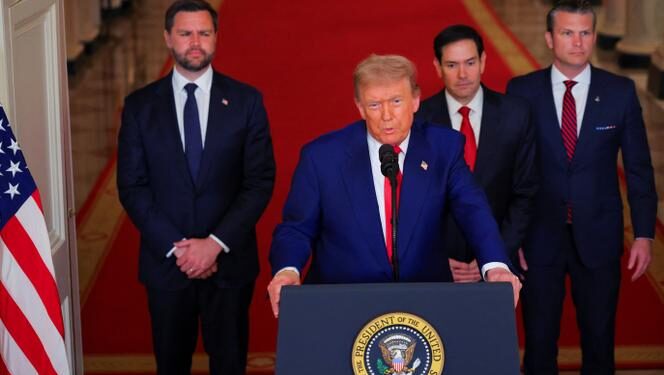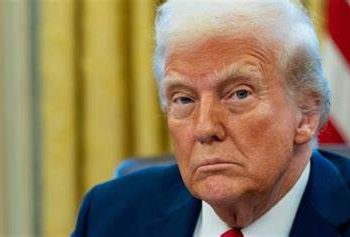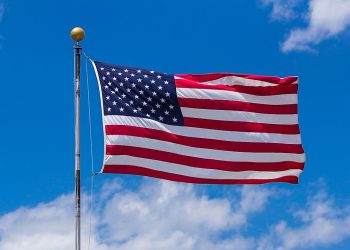A federal appeals court has delivered a significant blow to President Donald Trump’s trade agenda, ruling that most of his sweeping tariff policies exceed presidential authority and violate federal law.
The US Court of Appeals for the Federal Circuit voted 7-4 to invalidate Trump’s “reciprocal” tariffs, which imposed a baseline 10% levy on nearly all countries along with additional tariffs targeting China, Mexico, and Canada. The court determined these measures were “invalid as contrary to law.”
Central to the ruling was the court’s rejection of Trump’s justification under the International Emergency Economic Powers Act (IEEPA). Judges emphasized that the 1977 legislation was never intended to grant presidents unlimited trade authority, noting that tariff-setting remains a fundamental congressional power.
“The IEEPA does not grant the president authority to impose tariffs,” the court stated, reinforcing the constitutional separation of powers in trade policy.
The legal challenge originated from small businesses and US states that contested Trump’s 2024 executive orders after taking office. While the New York-based Court of International Trade had previously ruled against the tariffs, that decision was suspended pending this appeal.
The ruling specifically affects tariffs implemented under the IEEPA but leaves intact levies imposed under other legal authorities, including those on steel and aluminum products.
Trump responded furiously to the decision on his Truth Social platform, denouncing the court as “highly partisan” and claiming the tariff removal would “literally destroy the United States of America.” He maintained the levies were crucial for both economic strength and national security.
Administration lawyers had warned the court that eliminating the tariffs could trigger economic catastrophe comparable to the 1929 stock market crash, arguing the measures were vital for protecting US security interests and foreign policy objectives.
The ruling is set to take effect on October 14 unless successfully appealed. Legal experts anticipate the case will proceed to the US Supreme Court, where it could establish important precedent regarding presidential trade powers.
The Supreme Court’s composition—with six Republican-appointed justices, including three selected by Trump—adds uncertainty to the case’s ultimate outcome. The high court has recently shown increased willingness to limit executive actions that lack explicit congressional authorization.
This decision represents a critical test of presidential authority in trade matters and could significantly reshape the boundaries of executive power in economic policy.



















